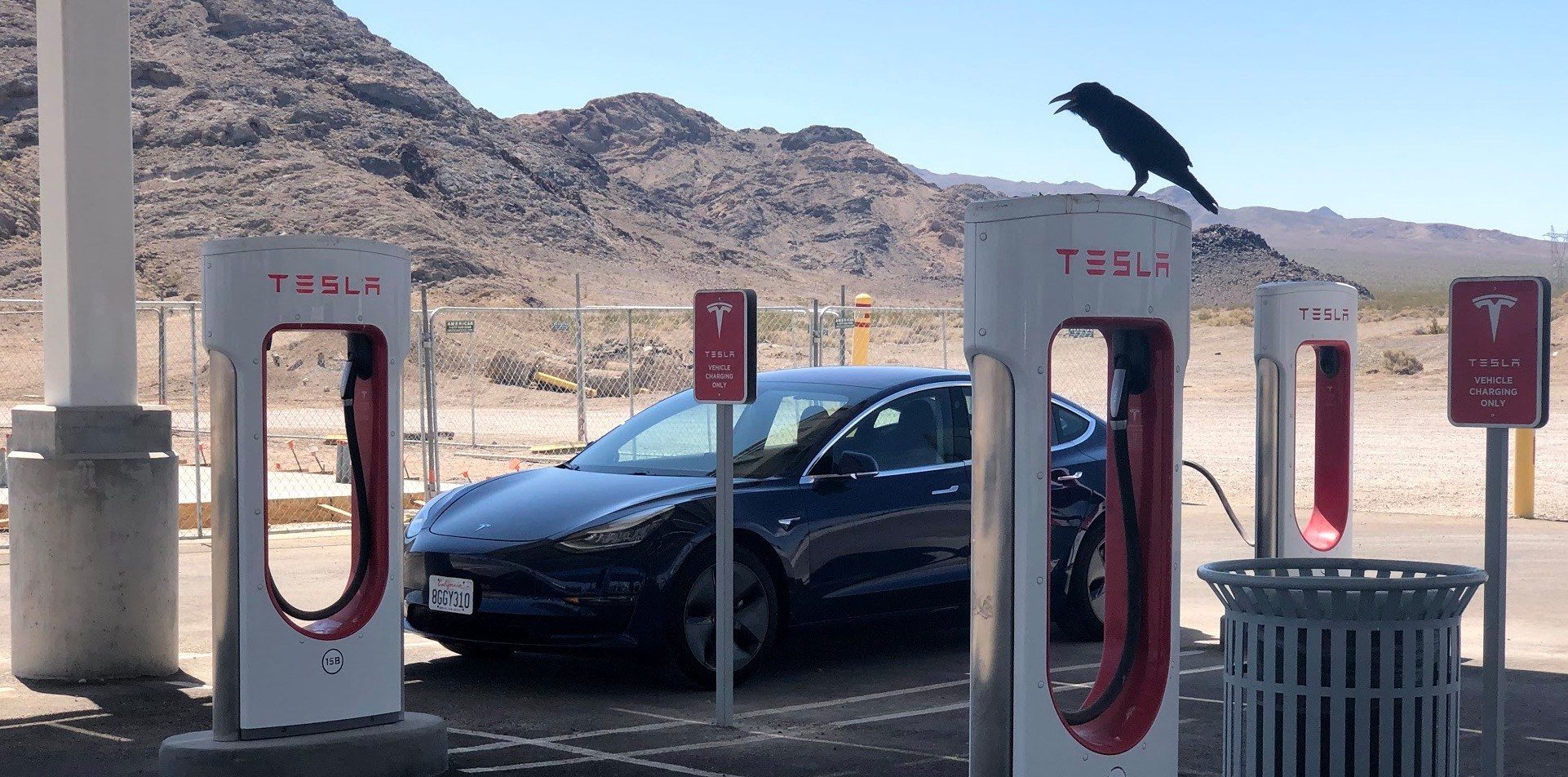Read The Full Article On: Iol
Johannesburg – Is there a future for mechanics in South Africa? Will it even be worth your while as an entrepreneur to open a workshop or mechanical car repair business in the near future?
We pitched this premise to the RMI, as the electric car movement continues to gain ground here and around the world.
Wide world of electric cars
Earlier this year, the Jaguar I-Pace scooped the SAGMJ Car of the Year title, the first electric car to do so in the history of the competition.
Last week, Porsche announced the pricing of its new Taycan electric car, destined to land in South Africa in the fourth quarter of 2020.
These are, arguably, expensive cars but there are numerous entry-level EVs from the likes of KIA, Hyundai, Nissan and Honda on the horizon, which means that mobility in South Africa could change as the world changes around us.
Electric cars are not the only threat to traditional mechanical skills, however.
As cars become ever more sophisticated, the question of technological-ability becomes a necessity for the people working with them. As we progress further, it’s likely that artisanal skills will be replaced by skills like coding and data analysis.
What the industry insider has to say
According to Pieter Niemand, national director of the Motor Industry Workshop Association (MIWA), this doesn’t mean the need for artisanal skills will disappear altogether.
“True, electric cars are set to become a more common feature on our roads in the next 10 years or so. But the reality is with vehicles becoming increasingly more complex, workshop technicians, or mechanics as we know them, will not only have to be able to work on brakes, suspension and the like, but also have the necessary tech skills to manage high tech cars which are literally becoming like a computer on wheels. There is no doubt the motor industry has much to offer enthusiastic young, bright people eager to learn and who want to make money,” says Niemand.
He says as technology becomes ever more advanced – and not only in relation to electric cars – it’s imperative that mechanics invest in upskilling on an ongoing basis.
“It’s the responsibility of employers and employees alike to ensure that they remain abreast of the latest developments. As much as a third of the curriculum has been updated already, and it’s vital that mechanics are familiar with these changes. The good news is that opportunities for such upskilling are plenty,” says Niemand.
Diesel technicians will be sought after
That’s reassuring for petrol and motor mechanics. But opportunities remain for diesel mechanics, too. While it’s true that opportunities in the motor sector may change as advancements progress, especially in the light vehicle space, there are many other areas where diesel mechanics can add their skills, such as marine diesel engines, fixed base diesel engines, and diesel locomotives.
The medium and heavy vehicle segment will certainly remain in need of mechanics’ skills, as the long distances undertaken by these vehicles mean that there is always a great need for repair and maintenance work. Added to this, the lifespan of such vehicles is significantly longer than their lighter counterparts.
“Also important to bear in mind is the cost factor, which makes electric car technology out of reach for many South Africans. It may, therefore, be more important to focus on the soft hybrid market, and for mechanics to upskill themselves with these vehicles in mind,” he concludes.
It’s good to know however that as car technology evolves, there will always be a place in the world for the workshop and the car technician…

